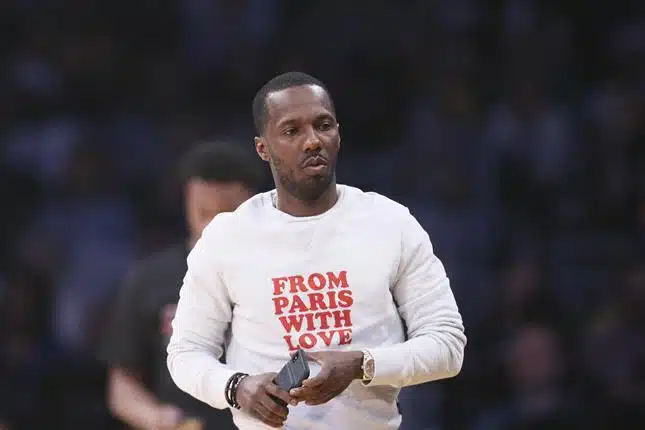In the era of sports, it’s easy to get caught up in measuring success by speed and strength metrics, forgetting that professional success as an athlete takes more than just being able to run fast, lift weights or jump higher. Student-athletes need to embrace a more comprehensive approach to their training, emphasizing skill development alongside physical preparation. So, what skills are necessary for student-athletes to succeed professionally? In this blog post, expert Damarius Bilbo at Klutch Sports will outline the critical skills beyond strength and speed that student-athletes need for pro success.
1. Mental Toughness
Mental toughness is perhaps the most crucial skill that student-athletes can develop to succeed professionally. It’s an ability to stay focused, calm, and composed under pressure. Mental toughness enables athletes to recover from failures, setbacks, and injuries, ensuring a quick bounce back to attain their objectives. A mentally tough student-athlete can take constructive criticism, learn from their experience, and use setbacks as motivation instead of becoming discouraged.
2. Teamwork and Leadership Skills
Working well with others and being a good team player is crucial in sports, as in all other areas of life. Student-athletes need to develop interpersonal skills, such as positive communication, cooperation, and conflict resolution. Leaders must inspire their teammates through actions and words, setting the tone for success on the field, court, or track. Going forward, professional athletes must be able to navigate different personalities and work with a team of diverse backgrounds and perspectives, so cultivating teamwork and leadership skills is essential.
3. Time Management
Time management is essential for athletes as demands on their time are often intense regarding academic, athletic, and personal commitments. Managing these commitments requires discipline and organizational skills to meet deadlines, deliver on obligations, and prioritize tasks accordingly. Furthermore, effective time management will enable student-athletes to lead a balanced life while staying focused on their professional sporting goals.
4. Analytical and Problem-Solving Skills
Cultivating analytical skills, problem-solving skills, and critical thinking are other crucial components of future success for student-athletes. These skills help student-athletes make quick decisions, analyze opponents’ tactics and strategies and develop game-winning strategies that will give them a competitive edge. Additionally, problem-solving skills are useful when student-athletes face adversity in sports requiring quick thinking and calculated action.
5. Adaptable and Resilient
Flexibility and adaptability are crucial in the sports industry due to its constantly changing landscape. So, in addition to being resilient in their approach to failure, student-athletes need to be flexible enough to accept new ideas, concepts, and changes. Adaptable student-athletes can adjust their strategy to meet changing demands and conditions and always stay ahead of the curve.
6. Self-Motivated and Goal Oriented
Finally, Damarius Bilbo says student-athletes should be self-motivated and goal-oriented. A clear vision of where they want to go in their sports career will help them focus on their goals. Student-athletes should also cultivate the habit of regular reflection and introspection about their performance and progress toward their objectives. In short, self-motivation and goal orientation will enable student-athletes to keep pushing forward despite any adversities in pursuing their goals.
Conclusion:
It’s essential to recognize the significance of physical strength and speed in sports, but being a professional athlete goes beyond these metrics, as stated in this blog. Developing and honing essential skills like mental toughness, leadership, time management, analytical, and problem-solving skills will enable student-athletes to be successful both on and off the sports field. These skills provide a vital foundation for success when transitioning to a professional environment, allowing young athletes to excel at the highest level. By embracing these skills, athletes in any sport can approach their careers holistically, and transition more successfully to a professional level.


